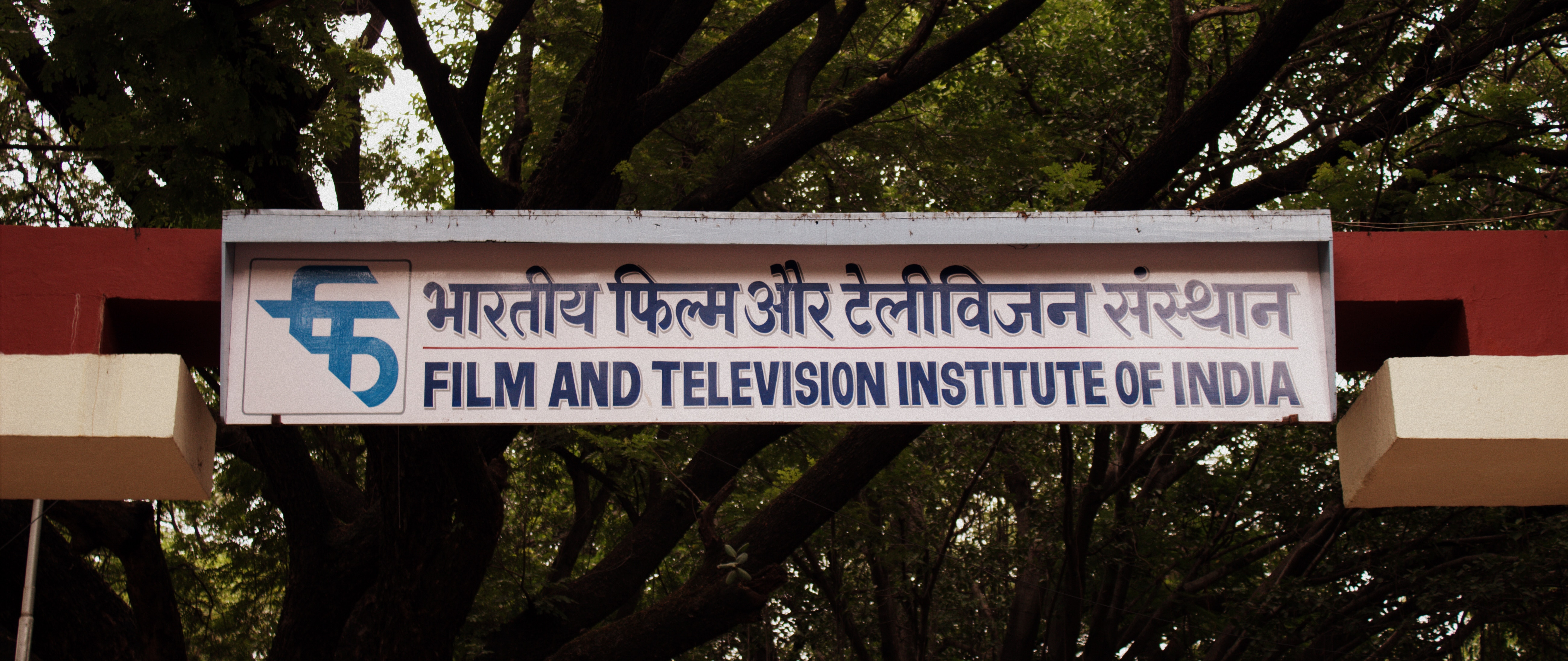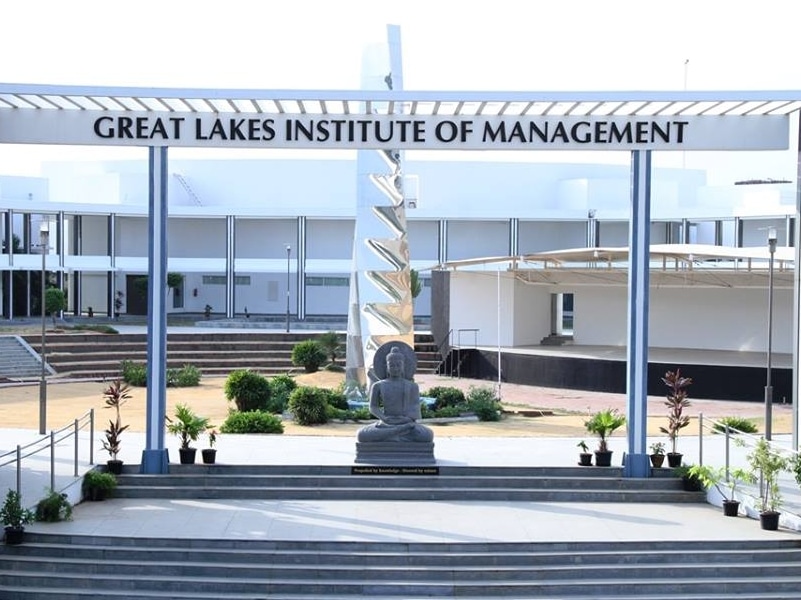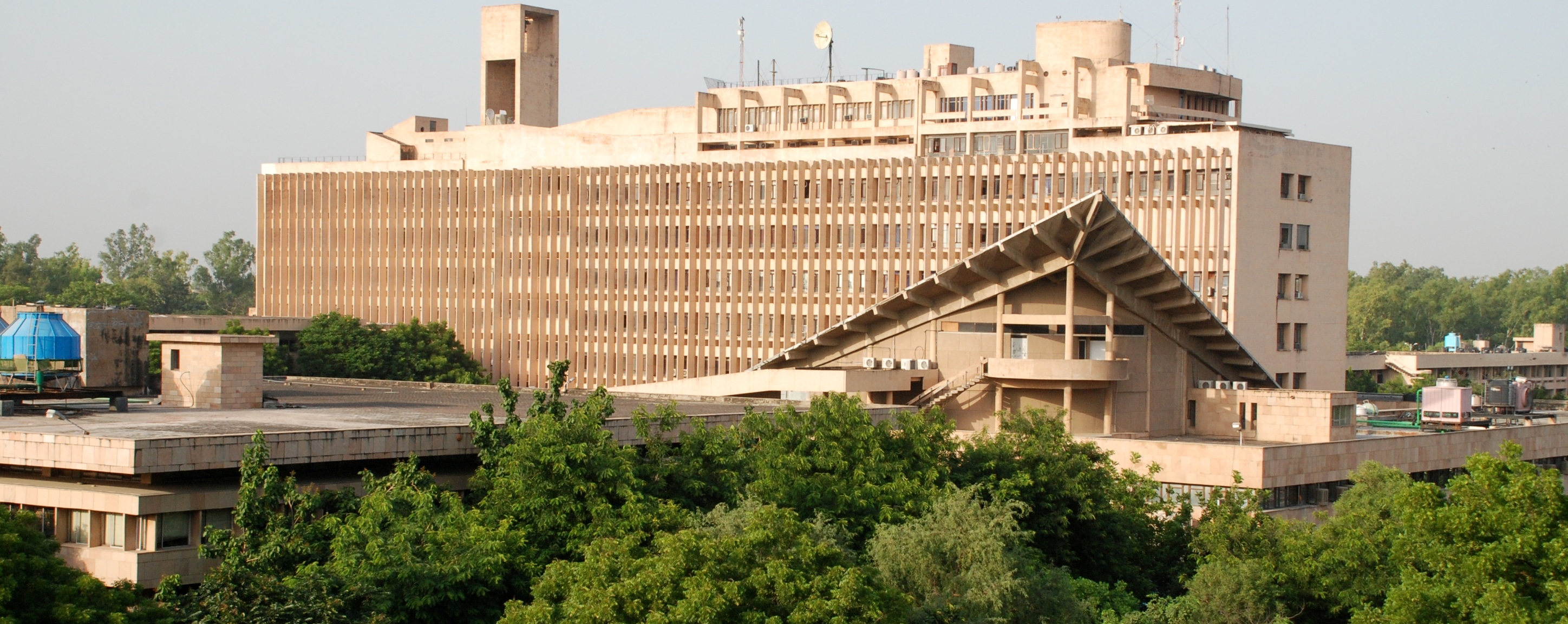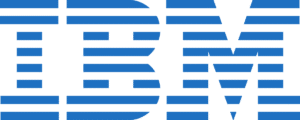France is eager to accelerate the Indo-French project on library digitisation. The project is aimed to digitise and archive old documents and manuscripts stored in all the major libraries of the two countries.
It’s been a few months since the project was initiated but it failed to gain momentum due to logistics constraints, said, French Consul General, Damien Syed. “Now our government is keen to speed it up,” he said.
The proposed digital database will be available to people of both the countries. “We want to reinforce our strategic partnership with India and education is a key area to do that. Indo-French partnership of archiving our old academic treasures will help us in developing a better bond in that area,” Syed said.
Through the project, France will share its expertise in digitising old documents and manuscripts with India. France also has many old and valuable manuscripts in Tamil and Sanskrit that Indian experts will help decipher.
“On the completion of the project, all documents and their soft copies on both sides will remain the property of the respective countries. But people like students, academicians or researchers will have access to them through our digital library by opening up an account free of cost,” Syed said.
India’s Culture Ministry and the National Library of France have signed a Memorandum of Understanding while launching the project in October 2015. “Though the initial focus of the project is on national libraries of both the countries only, other important libraries may also get included in the future,” Syed added.
































